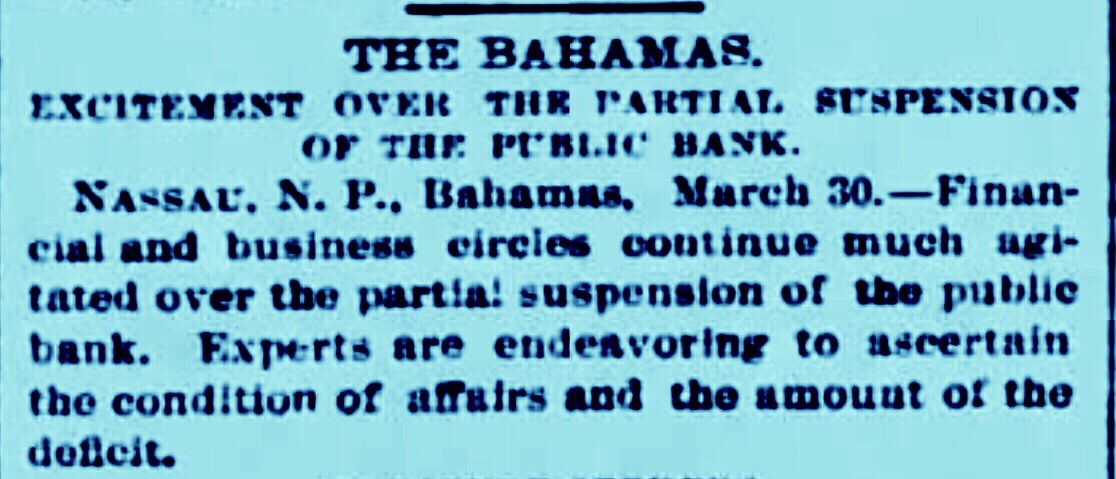
Slaves, with the permission of their masters, could work for themselves or be employed by others, only on the strict condition that part of the money they made, the greater part, was paid to their masters. This was unconditional. Slaves who were found to be withholding monies risked serious punishment.
It is nevertheless surprising to see that in 1817, there was a negro male slave, named Lewis, who was, of all things, a hairdresser, in Nassau.
In this era of the early 1800s, women wore elaborate coiffed styles with their hair piled high to give the appearance of height and stature. Lots of layers of curls were twisted into braids at the top, and ribbons were woven around their heads. These hairstyles took quite a bit of time to do, but if you had money in the early 1800s, in the Bahamas, apparently, you hired a professional hairdresser like Lewis.

For men in the early 1800s, the hair was close cut to the nape of the head. Men also either had a well coiffed beard, which was combed and tamed, or clean shaven. For either look, a gentleman of means, hired himself a qualified barber.

Lewis, the negro hairdresser and barber, it seems had a thriving business, but had not been paying his master the agreed portion of wages he was earning.
The Nassau Gazette of February 1817 printed the following notice. Several assumptions can be made from the brief notification. Lewis obviously had white Bahamians as clients for such a notice to be put in the papers. Undoubtedly this notice was for the white population who made use of Lewis’ services. Negroes, on the whole, couldn’t read or write and certainly didn’t spent what little money they had buying newspapers.
Interestingly, the subscriber carefully phrases the notice avoiding the word slave. It is entirely possible that using the word might have probably belittled Lewis in the eyes of his clients. This might have affected business. His master didn’t want to kill his negro man’s entrepreneurship, it appears he only wanted the monies paid directly to him. His master, William Barton, by placing the notice was legally able to divert his slave’s earnings to himself. Enslaved negroes had few rights in 1817, and any rights they did possess could easily be usurped.
NOTICE
The subscriber’s negro man Lewis, by trade a Hairdresser and Barber, has neglected for some time past to pay his wages—– it is therefore requested that any money now due to him may be paid only to,
WILLIAM BARTON
Nassau February 19th 1817






